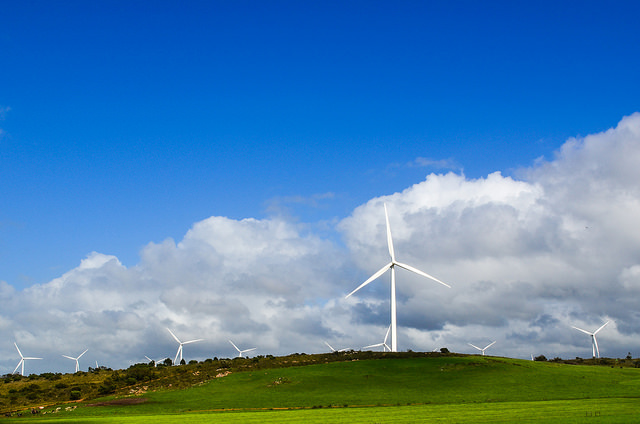Industrialisation is an imperative for Africa. With a global economy constrained by climate change and driven by competitive supply chains, the continents’ aspirations are difficult to fulfil. Accelerated and profound economic structural transformation is the only means to do so and to address chronic poverty.
This industrialisation has to count on a regional African market before it extends to global supply chains. And it ought to have a special emphasis on agro-processed products and value addition to commodities. For example, transforming the continent’s mineral export volume in this way by just 5% before export can create 5 million jobs a year. Moreover, recent estimates also show that African countries spend some $30 billion a year to import processed food. This trend can and must be reversed.
How can Africa pursue its industrialisation?
There are many pathways Africa could take to pursue industrialisation. As a latecomer, the continent can learn from the experiences of others while defining and designing its own pathway, leapfrogging traditional, carbon-intensive methods and instead championing a low-carbon trajectory.
This year’s level of attention on climate change presents a particular opportunity to insist on this different pathway, which would enable the region to ‘green’ the process of industrialisation. Green industrialisation is a new niche, a “no regret” option that may secure Africa a central space in the world economy.
Read the blog here

